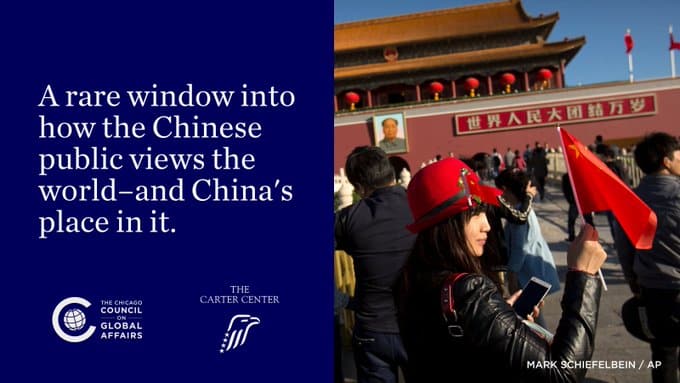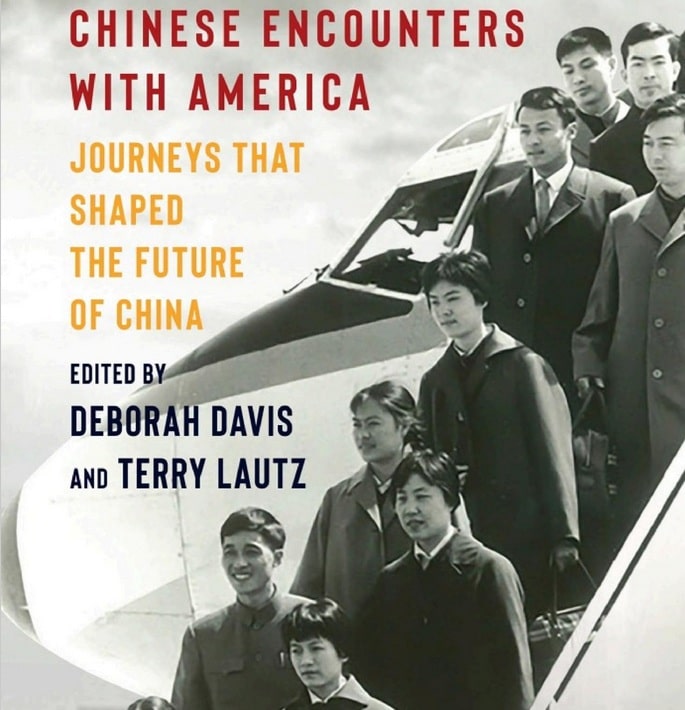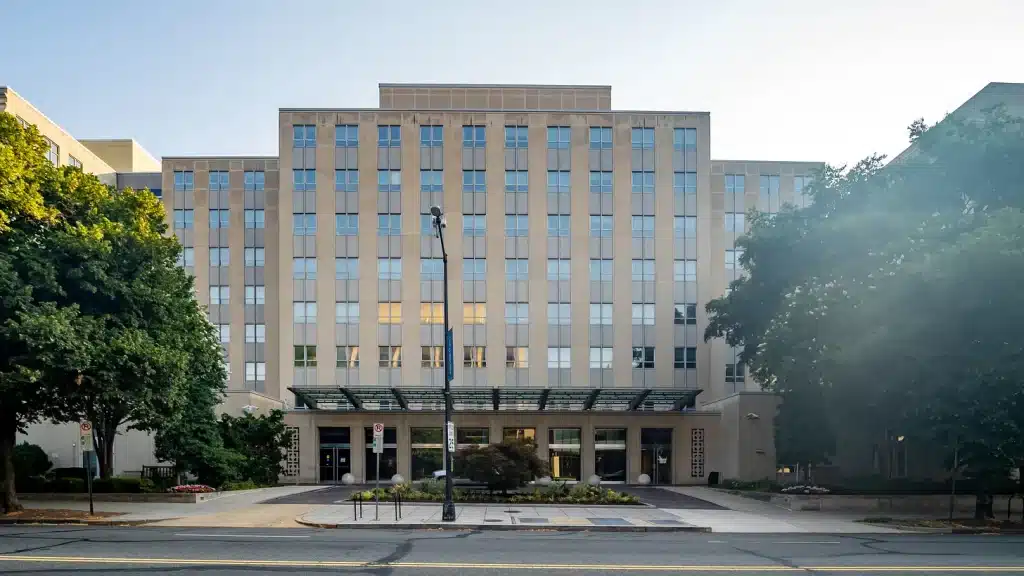NGOs in U.S.-China Relations: A Discussion of The Carter Center Report
Image: The Diplomat
On March 18th, 2021, The Carter Center and The Grandview Institute jointly organized a webinar titled, “The Role of NGOs in U.S.-China Relations.” The event, moderated by former President of the U.S.-China Business Council, Robert Kapp, featured a lively discussion of the report recently published by both institutions, which addresses how expanded civil society engagement between the U.S. and China can help stabilize the bilateral relationship. The event speakers, authors of the report and outside experts on the bilateral relations, came from various backgrounds, including the American and Chinese nongovernmental, diplomatic, and policy communities.
During the first segment of the event, Chinese and American report authors who wrote on the same topic–either dialogue, crisis management or cooperation–were given the opportunity to comment on where their sections agreed and diverged. On the topic of dialogue, the speakers discussed dialogue as a foreign policy tool–both in its usages and need for consistent maintenance and changes. Next, on the subject of crisis management, the authors discussed strategies for diffusing potential conflicts over Taiwan and the South China Sea. Finally, on the topic of cooperation, the speakers agreed that NGOs have a broader role to play in facilitating conversations across issues too sensitive or complex for government negotiation–citing examples such as climate change and global health.
Subsequently, outside speakers critiqued the report and addressed next steps in U.S.-China relations. In terms of critiques, multiple speakers conceded that the role of civil society moving forward may be small, given the Chinese oversight and legal constraints on NGOs. A more positive theme across speakers was the current opportunity to change the trend of the relationship, and the importance of continued engagement between NGOs in order to foster a degree of confidence and honesty between the two sides.
Lastly, speakers engaged in a free discussion and gave concluding thoughts. A few speakers ended on an optimistic note, hoping that current civil society constituents could use lessons from the 1990s–a time during which civil society was bolstered by large technical investments and enjoyed greater access to policymakers. Regardless of the future role of civil society in the bilateral relationship, however, one thing became clear: the speakers were part of a brave group of people still willing to engage in dialogue, despite the increasingly tense political relationship.
Click here to read the full report released by The Carter Center.








